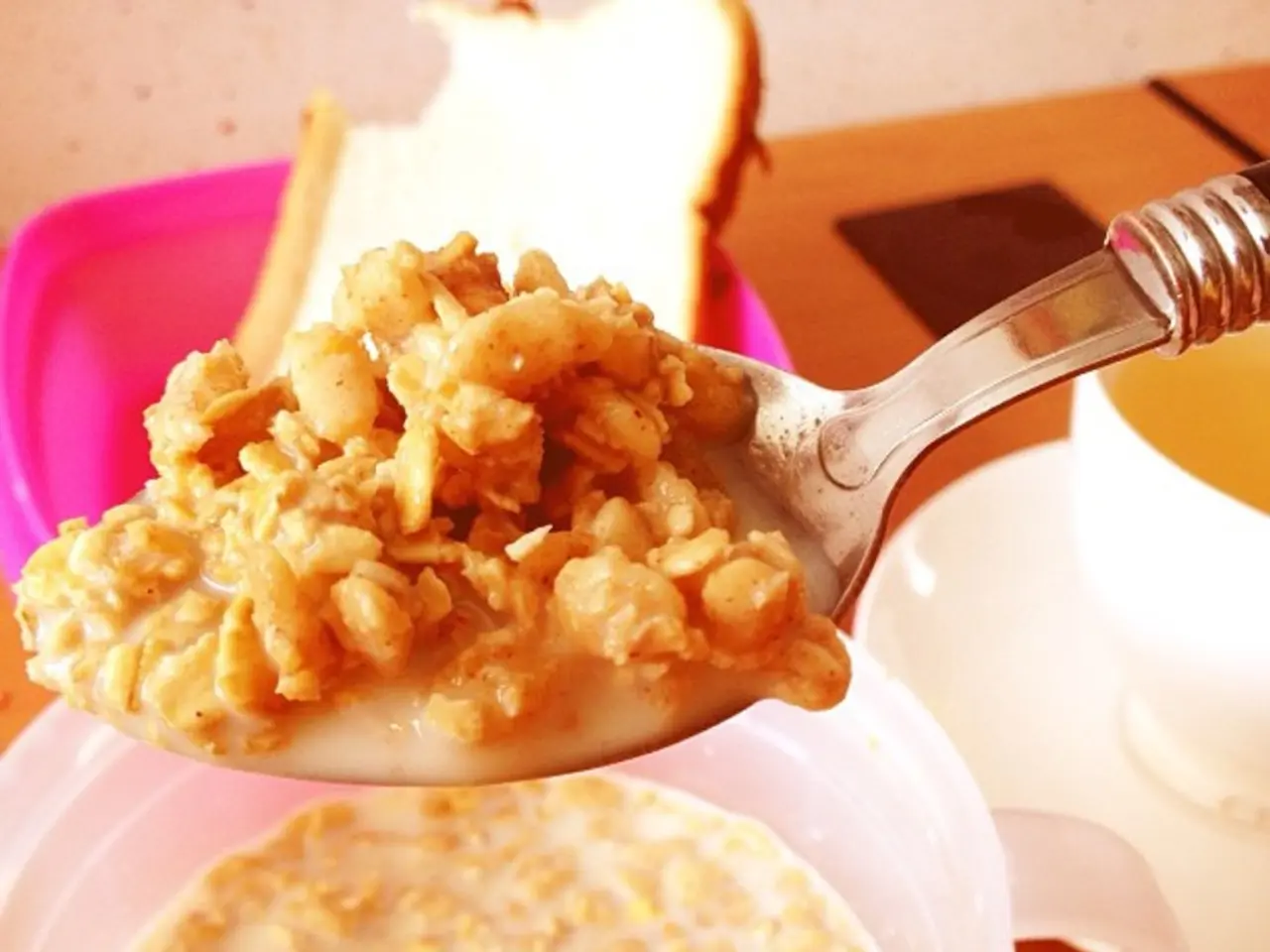"Demonstrating cultural identity through sustenance: Protecting the Sudanese Culinary Tradition"
In the heart of Sudan, kitchens were not merely spaces for cooking; they were places where men and women performed distinct roles in food preparation, reflecting the rich cultural tapestry of the country. This fascinating aspect of Sudanese life is one of many that Omer Al Tijani sought to document when he began writing his cookbook, "The Sudanese Kitchen," in 2016 as a personal archiving project.
Al Tijani, who came to the UK in the early 1990s and grew up in Bahri and Khartoum, Sudan, recognised that Sudanese food is often misunderstood, either collapsed into Levantine templates or ignored altogether. His cookbook aims to change this narrative, approaching food as a kind of collective memory, where a single recipe can hold a whole geography and a family history.
"The Sudanese Kitchen" features over 100 recipes from various food traditions in Sudan, including regional specialties that have rarely been documented. Some recipes, such as the multi-stage preparation of kisra, a fermented flatbread made from sorghum flour, are more challenging, but Al Tijani's book is organised for cooks at all levels of ability, with difficulty ratings and notes on vegetarian options, substitutions, and prep times.
One of the standout discoveries in the book is Kunafa Malfufa, a regional specialty from Darfur, which is a rolled and fried kunafa pastry filled with dates, nuts, and mixed spices. Another example is Balaam Shorba, a hearty, comforting meal that exemplifies the layering of flavours in Sudanese hospitality.
The historical consciousness runs through the entire book, with research conducted at Soas University of London and the British Library. The book also delves into the social and historical contexts of Sudanese food, offering readers insight into the country’s traditions, gatherings, and the role of food in Sudanese life.
Al Tijani’s book is more than a collection of recipes—it is also a document of culinary history and a personal project of cultural preservation. It is described as “a small act of resistance” against the erasure of Sudanese food culture, especially in the West, where Sudan is often associated only with conflict and not its rich cultural heritage. Al Tijani hopes to change perceptions and highlight the country’s vibrant, diverse culinary landscape.
In addition to recipes, the book provides facts and stories to foster a broader understanding of Sudan’s often-misunderstood culture. It serves as both a practical guide and a cultural document, filled with stories, history, and a mission to represent Sudanese culture in all its richness.
As Al Tijani considers launching a digital pantry to offer hard-to-find ingredients directly to readers, "The Sudanese Kitchen" stands as a testament to the resilience and creativity of Sudanese cuisine and a celebration of its diversity. For anyone interested in exploring the culinary traditions of Sudan or seeking to deepen their understanding of this fascinating culture, "The Sudanese Kitchen" is an essential read.
- Omer Al Tijani's cookbook, "The Sudanese Kitchen," not only offers over 100 recipes from various food traditions in Sudan but also delves into the historical, social, and cultural contexts of Sudanese food, making it more than just a collection of recipes; it is a document of culinary history and a personal project of cultural preservation.
- Traveling through the pages of "The Sudanese Kitchen," readers will discover regional specialties that have rarely been documented, such as Kunafa Malfufa, a rolled and fried kunafa pastry filled with dates, nuts, and mixed spices, and Balaam Shorba, a hearty, comforting meal that exemplifies the layering of flavors in Sudanese hospitality.
- By approaching food as a form of collective memory, Al Tijani's cookbook offers a unique insight into the rich cultural tapestry of Sudan, where a single recipe can hold a whole geography and a family history, reflecting the country's traditions, gatherings, and the role of food in Sudanese life.




